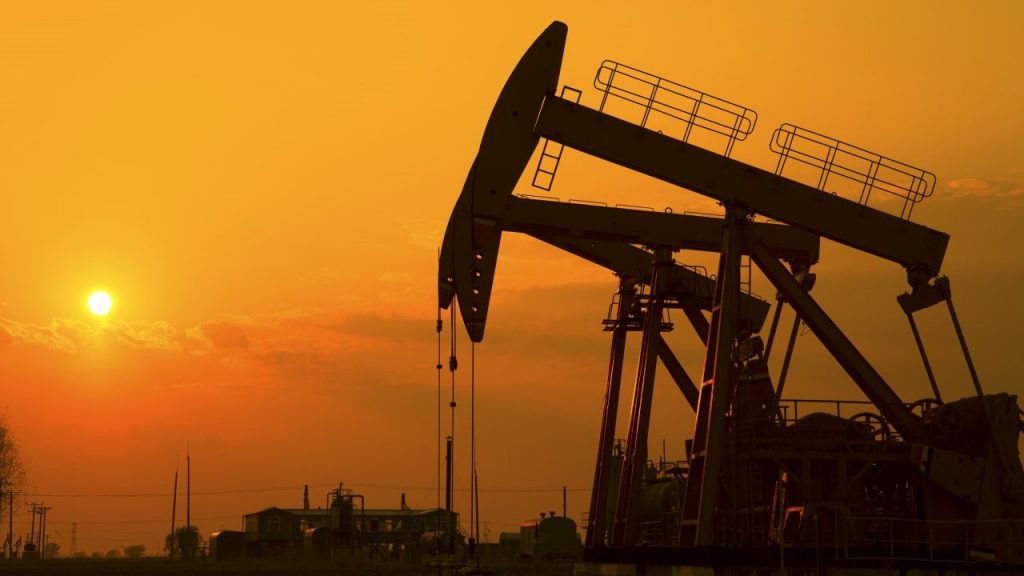The conventional oil and gas exploration spending is expected to top $50bn this year, the highest level since 2019, but discovered volumes are plummeting to new lows.
Norwegian energy intelligence firm Rystad Energy has estimated that 2.6bn barrels of oil equivalent (boe) were found in the first half of 2023, down 42% compared to 4.5bn boe same time last year.
Rystad Energy counted 55 discoveries, compared to 80 in the first six months of last year, averaging 47m boe, lower than the 56m boe per discovery for the same period in 2022.
Exploration and production companies have been exercising increased caution and shifting their strategies to target more profitable and geologically better-understood regions, which, according to Rystad, in addition to the failure of several critical high-potential wells, contributed to the steep drop.
The offshore industry accounted for about 95% of exploration spending this year to date but only about two-thirds of discovered volumes.
Guyana currently leads the way in discovered volumes, with 603m boe in 2023. Turkey sits second with 380m boe, Nigeria with 296m boe and Namibia with 287m boe.
The six majors—ExxonMobil, BP, Shell, TotalEnergies, Eni and Chevron—continue to maintain their place in global exploration, and are expected to spend about $7bn this year or about 10% higher than in 2022. Still, national oil companies have the most extensive subsurface resource base at their collective disposal, with more than half of the projected exploration spending in 2023 coming from them.
Nevertheless, exploration activity is expected to gain momentum in the second half of 2023, and Rystad suggests there may yet be some success to come this year, as only 30% of anticipated wells have been completed.
Tags: Discoveries, Exploration, Oil and Gas



Recent Posts
Egypt Advances Maritime Decarbonisation with National Action Plan Backed by IMO
Fuelre4m unveils VIRDIS: A predictive AI breakthrough in global fuel distribution, powered by Five9nes
EXMAR Launches First Ammonia-Fueled Gas Carrier at HD Hyundai Mipo
Japan-Backed Green Hydrogen Centre Planned for Uttar Pradesh
JSW Group Outlines Major Push into Commercial and Heavy Electric Vehicles
Lloyd’s Register Grants Approval in Principle for KSOE’s Multi-Fuel Newcastlemax Bulk Carrier Design
Eureka Shipping Deploys HVO-Ready Cement Carrier Tamarack for Great Lakes Operations
Terntank Places Repeat Order for VentoFoil Wind Propulsion Units on Methanol-Ready Hybrid Tankers